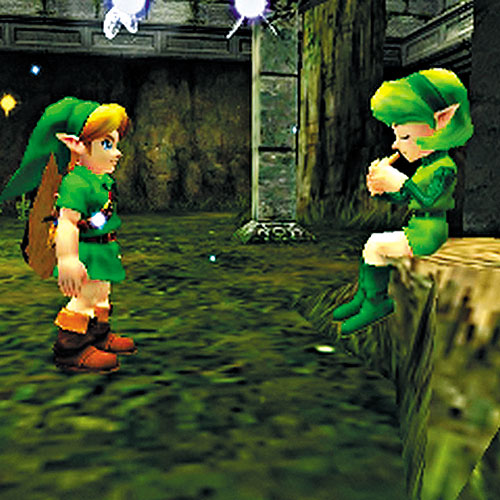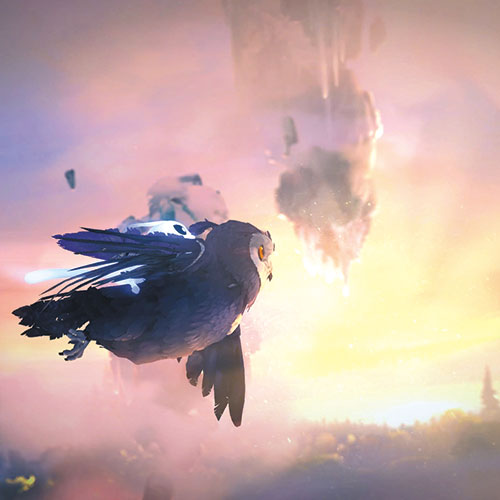Paige FTW: The Silence Of ‘Ocarina of Time’

The Legend of Zelda: Ocarina of Time celebrated its 20th anniversary last month, and there was no shortage of tributes to its immense legacy, pouring forth from every gaming website on the internet.
Most focused on Ocarina’s contributions to the idea of an open world, if not an actual “open world game” — the immense desolation of Hyrule Field, where you could (in theory) go anywhere and do anything whenever you wanted.
For me, though, Ocarina lingers on in my heart because of its mastery of silence.
The moments that stick out in my memory are the lonely, lingering ones — the quiet of the Temple of Time, where the three Spiritual Stones float before the open Door of Time, forever, a legacy to your triumph and failure; the moment when Saria bids you farewell when you leave Kokiri Forest, watching you run away without saying a word.
It is ironic that a game so based on music that its quiet moments speak loudest. And yet, those moments of silence are when all the Zelda games leap and shine brightest: Link reaching out to the King of Red Dragons as they part ways, forever; Link, Zelda and Midna silently taking in the dead Ganondorf before they, too, go their separate paths; the entirety of Breath of the Wild, where Link silently treks through the endless expanse of ruined Hyrule.
The joy of the silent protagonist has largely been lost as voice acting and hyperrealism has replaced the by-necessity silence of the 8-bit era. But Link’s unnatural quiet was part of what made Ocarina such a joy: You are the hero who speaks through action and not words. These tokens bear your heroism more than a boast ever could.
I last replayed Ocarina when it was remastered for the Nintendo 3DS. But 20 years, I am certain, have not dulled the sharpness of its silence.











